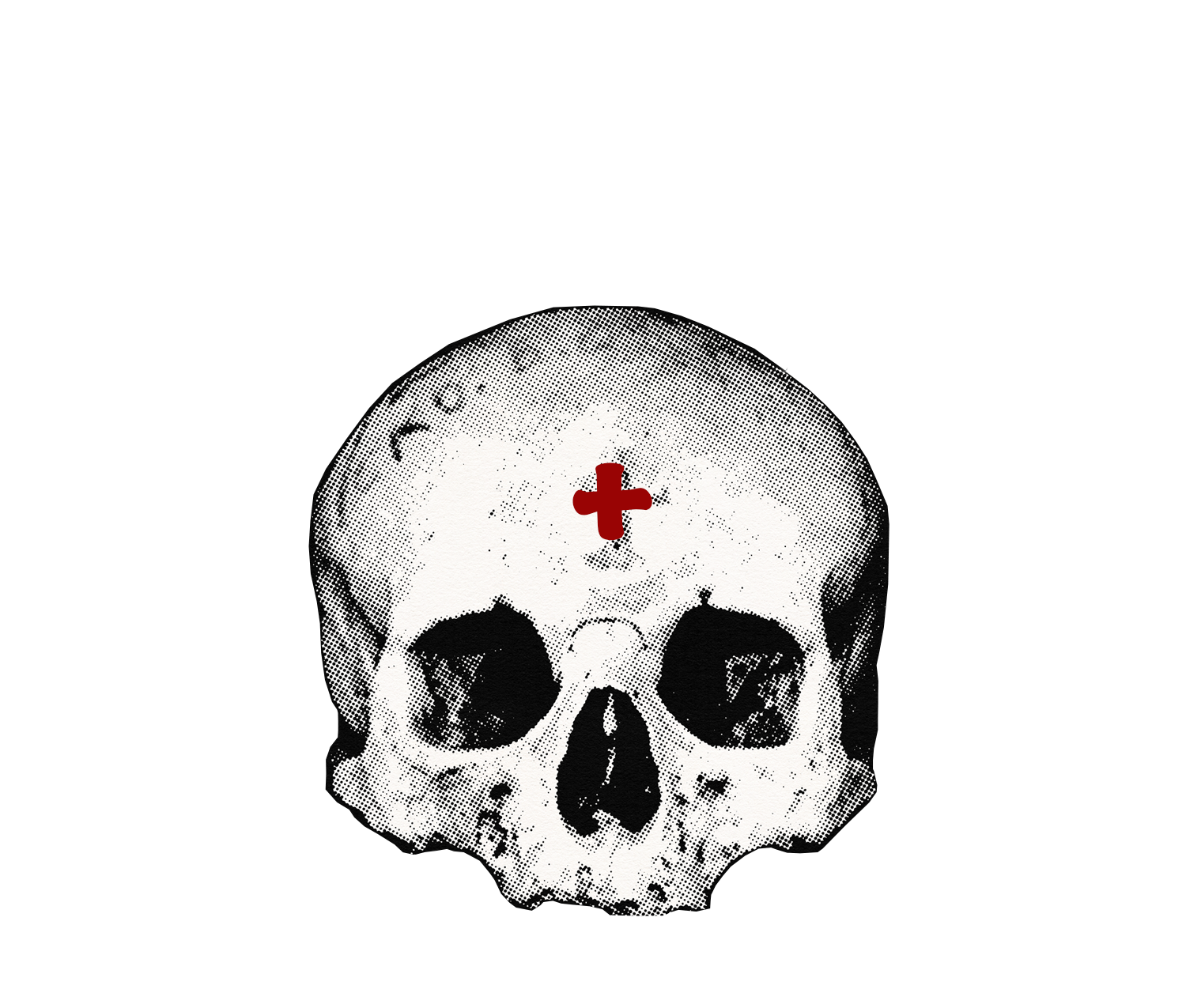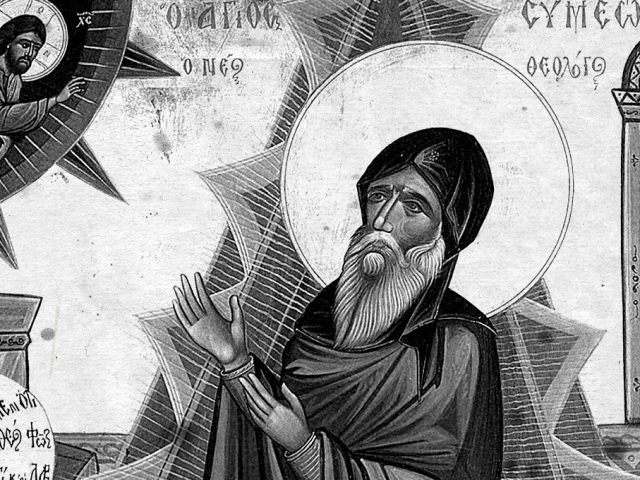By Metropolitan Hierotheos of Nafpaktos
“The most important work of the Church is to cure man. Therefore the Orthodox Church is a Hospital, an infirmary of the soul. This does not mean that the Church disregards other domains of pastoral activity, since she aims at the whole of man, consisting of both body and soul. She cares indeed for the physical, economic and social problems as well; yet the main weight of her pastoral service is put on the soul’s therapy, for when man’s soul is cured then many other intractable problems are solved.
Some people accuse the Orthodox Church of not being very much involved in social problems. However, the Church does care about all matters which concern man. This is evident in the content of her prayers during worship services as well as in the work and teaching of the Holy Fathers. But just as a medical Hospital is primarily interested in the treatment of the body – and through this therapy it gets involved with the rest of a person’s problems – so it is in the Orthodox Church. She cures the core of human personality and through this, she heals the whole person. That is why even during times of social upheavals, when all governmental mechanisms are virtually brought to a halt – even peoples’ external freedoms are disrupted – the Church maintains its work: to treat and cure the person.
Healing of man’s personality is in fact his progress toward perfection which is actually identified as “theosis”, for in patristic theology theosis and perfection are synonymous terms. And this therapy is absolutely necessary, because man’s fall, effected in the person of Adam, constitutes the sickness of man’s nature.
In Paradise, before the Fall, Adam was in a state of “theoria” (vision) of God. The study of the book of Genesis reveals that Adam was in communion with God; however it was necessary for him to remain in that state, by virtue of his voluntary struggle, in order for him to become more stabilized and reach perfect communion and union with Him. St. John of Damascus describes this state of primordial “justice” characteristically. Adam was purified and nourished at the same time by the vision of God. His nous* was illumined, and this signifies above all that he was a temple of the Holy Spirit, and was experiencing unceasing remembrance of God.
“Original” sin consists of the darkening of the nous and the loss of communion with God. This, of course, had other repercussions, as well: man was clothed in the fleshly garments of decay and mortality The nous experienced a deep darkness. In other words, man lost the illumination of his nous; it became impure, impassioned and his body bore corruption and mortality. Thus, from the day of our birth, we bear within us corruption and death: a human life is brought into the world bound for death. Hence, because of the fall we experience universal malady. Both soul and body are sick and naturally, since man is the summation of all creation, – the microcosmos within the megacosmos – corruption also befell all of creation.
“My mind is wounded, my body has grown feeble, my spirit is sick, my speech has lost its power, my life is dead; then end is at the door. What shalt thou do, then, miserable soul, when the Judge comes to examine thy deeds?” (Great Canon).
In fact, when we speak of original sin and its consequences, we mean three things: first, the malfunction of the nous, since the nous ceased to work properly; secondly, the identification of the nous with reason (and to a certain extent, deification of reason) and thirdly the nous’ enslavement to the passions, anxiety and the conditions of the environment. And this constitutes man’s real death.
He experiences total disorganization; his inner self is deadened – his nous is overcome by darkness. And just as when the eye of the body is hurt,the whole body is obscure, so also when the eye of the soul – the nous – suffers blindness, the spiritual self as a whole becomes sick. It falls into the deepest darkness. This is what the Lord is referring, when He says: “If therefore the light that is in thee be darkness, how great is that darkness!” (Matt. 6, 23).
In addition to the disruption of the soul’s entire inner workings, original sin resulted also in the disorganization of man outwardly. He now confronts his fellow-men, God, the world and all of creation in a different way. The nous is unable to encounter God; so reason undertakes the effort. Thus idols of God are created leading to pagan religions and even heretical deviations.
Incapable of seeing man as an image of God, the nous encounters him under the influence of the passions. He ambitiously exploits his fellow-man, through his love of pleasure and material gain. He regards him as a vessel or instrument of pleasure; at the same time he idolizes all creation, which is what the Apostle Paul describes in his Epistle to the Romans: “Professing themselves to be wise, they became fools, And changed the glory of the uncorruptible God into an image made like to corruptible man, and to birds, and four-footed beasts, and creeping things” (Rom. 1, 22-23).
Therefore man needs to be cured, that is to be purified, to reach the illumination of the nous – Adam’s state before the Fall – and then attain theosis. This is achieved precisely through Christ’s incarnation and the entire work of the Divine Economy and of the Church. It is within this frame of reference we must see many liturgical texts according to which Christ is characterised a physician and healer of souls and bodies. Moreover, in the same framework various patristics texts should be studied, where it is apparent that the work of Christ is first and foremost a therapeutic one.
After the Fall man needed a cure. This was effected by the Incarnation of Christ and ever since then it has been the work of the Church. She cures and is curing man; she primarily cures his ailing personality – his nous and heart. All the Fathers of the Church exhort men to seek to be cured. Man is cured by the energy of God whose source is uncreated and revealed “in the person of Jesus Christ”. Christ’s energy, from which comes man’s cure, is granted freely, and for this reason is called divine grace. Therefore, whether we say uncreated energy or divine grace makes no difference; we mean the same thing. The Apostle Paul writes: “For by grace are ye saved through faith; and that not of yourselves: it is a gift of God” (Eph. 2, 8).
Living within the Church by grace, man must first cleanse his heart of the passions; attain the illumination of the nous – Adam’s state before the Fall – and then ascend to theosis, which constitutes man’s communion and union with God and is identified with salvation. These are the steps of spiritual perfection – the foundations of Orthodox spirituality.
Yet a few things about the divine grace need to be said before we see the stages of spiritual perfection – the method and way of man’s therapy – for it is closely connected with purification, illumination, and theosis.
In Orthodox spirituality purification, illumination and theosis are not stages of anthropocentric activity, but rather are results of the uncreated energy of God. When the divine grace (energy of God) purifies man from passions, it is call purifying; when it illumines his nous it is called illuminating; and when it deifies man it is called deifying. The same grace and energy of God is given various names according to its effects.
Throughout all patristic tradition the Fathers allude to the three stages of spiritual perfection as the three degrees of one’s cure. St. Dionysios the Areopagite makes mention of purification, illumination and perfection. St. Gregory of Nyssa also makes use of the same distinction. St. Maximos the Confessor refers, as well, to practical philosophy (purification), natural theoria (illumination) and mystical theology (theosis). St. Symeon the New Theologian, in his writings divides certain chapters into practical, gnostic, and theological. In all of Orthodox Tradition these three stages of perfection are frequently mentioned. In this way man is cured and experiences Holy Tradition; he becomes “Tradition” and creates “Tradition”. He is a bearer of Tradition. Distinctive is the subtitle of Philokaliawhich is the work of St. Nicodemos, of the Holy Mountain and of St. Makarios, Bishop of Corinth. In this work which is a compilation of the writings of the Holy Fathers [from the 4th to the 15th centuries], how man cures his nous by going through the three stages of spiritual life is discussed. And it is known that the Philokalia, which contains the complete method of cure for humans is a fundamental manual of the spiritual life.”
*Nous: The word has various uses in Patristic teaching, It indicates either the soul or the heart or even an energy of the soul. Yet, the nous is mainly the eye of the soul; the purest part of the soul; the highest attention. It is also called noetic energy and it is not identified with reason.
From Chapter 4 of “Orthodox Spirituality, a brief introduction”, by Met. of Nafpaktos Hierotheos, pp. 40-49.


